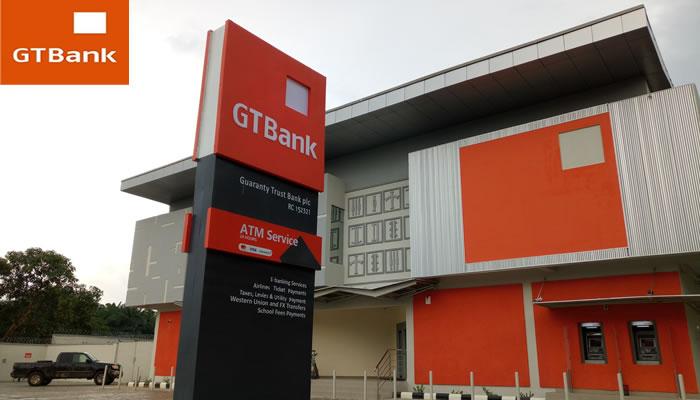Guaranty Trust Bank has announced a new billing model for its USSD banking transactions, today. In a message sent to customers, the N6.98 transaction fee will now be deducted from airtime balances, rather than bank accounts.
The development aims to resolve persistent disputes between telecom operators and banks over unpaid USSD service charges. According to report, the Nigerian Communications Commission (NCC) had directed banks to deduct charges for USSD transactions, on customers’ mobile airtime.
Previously, banks billed end users through their bank accounts while telecom operators handled USSD usage costs. However, telecom firms complained that banks delayed payments despite profiting from the service, causing ₦250 billion in debt by 2024.
The NCC therefore introduced an end-user billing model that allows banks to rebill fees through airtime. Also, customers will be notified at each USSD session’s start, with charges applied only after confirming sufficient balance.
Inform Customers Of Network Major Outages: NCC directs telecommunication companies
NCC has instructed Nigerian service providers to inform consumers of major service outages on their networks through media channels. Also, consumers must be informed one week in advance when operators have planned service outages.
Read also:Tinubu appoints new CEOs for NCC, NITDA others, as Kashifu reappointed
The development is part of the commission’s objective to enhance consumers’ experience and inform consumers. According to the directive, all mobile operators must offer proportional compensation including validity extension, among others.
Also, the commission has created a portal that is accessible to the public through the commission website www.ncc.gov.ng. The portal is created for operators to report major outages and identify culprits responsible for the disruption.
Speaking about this, the Director of the commission, Engr. Edoyemi Ogor disclosed that the development will integrate accountability and transparency. He noted that it also allows for holding culprits responsible for sabotaging telecommunications infrastructure.









